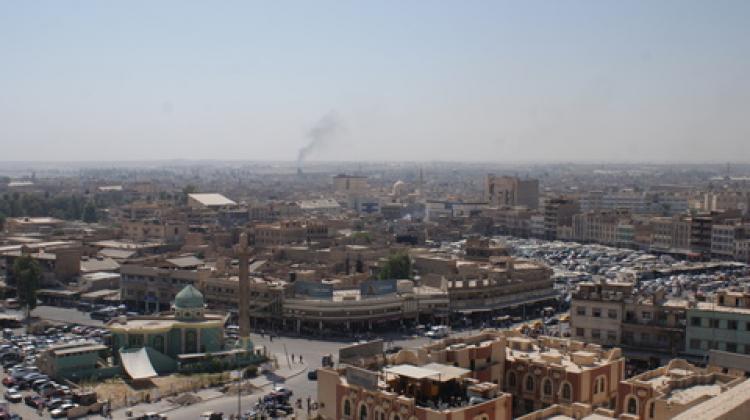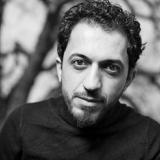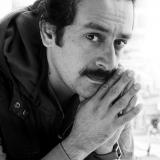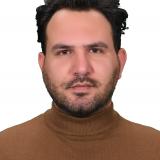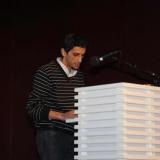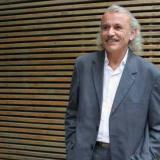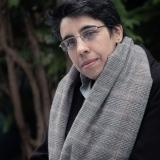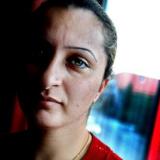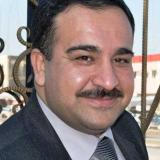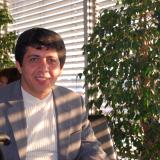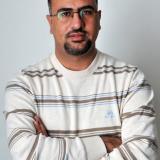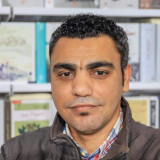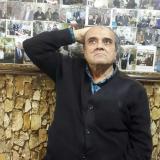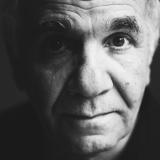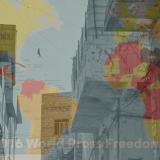Nawzat Shamdin on Mosul, ISIS and the future of Iraq in Granta Magazine
Nawzat Shamdin is an Iraqi Kurdish writer and journalist who was born and lived for forty years in Mosul until he was forced to seek refuge outside of Iraq in February of this year. Mosul is Iraq’s second largest city, located in the northern region of Nineveh. The city has been occupied by ISIS (the Islamic State of Iraq and Syria) since 9 June 2014.
Nawzat Shamdin holds a Bachelor’s degree in Law and has worked as a journalist, writer and lawyer in Mosul all his adult life. He has published several short stories and two novels, and was correspondent, editor and editor in chief for several Mosul newspapers. He also worked as managing editor of the channel Sama Mosul for two years until his departure from the city in February 2014. Nawzat Shamdin is particularly concerned with political issues in Iraq after the US occupation of his country, as well as humanitarian and health issues related to radioactive contamination and environmental pollution.
Larry Siems is a writer and human rights activist and for many years directed the Freedom to Write Program at PEN American Center. He is the author, most recently, of "The Torture Report: What the Documents Say About America's Post-9/11 Torture Program", and editor of the forthcoming "Guantanamo Diary" by Guantanamo prisoner Mohamedou Ould Slahi.
Larry Siems interviewed Nawzat in a series of Skype calls in August 2014, as the situation in Mosul and northern Iraq was climbing back into international news headlines. Basim A. Mardan, who fled Mosul in 2006, translated the interview.
Mardan graduated as a licensed Translator from the University of Mosul in 1999. He published his first book of poetry while he was a college student, but was prosecuted and forced to burn all the copies of his book in order to get back to his studies. He republished his book in 2003 after the fall of the regime in Iraq, and worked as a translator/interpreter with the civil authority in Iraq and with the US army. He has published several newspaper articles and worked with NGOs to promote democracy and human rights in Iraq.
Mardan was ICORN guest writer in Skien, Norway, from 2006-2008, and Nawzat arrived as Skien's new guest writer in March 2014.
Granta Magazine was founded in 1889 by students at Cambridge University as "The Granta". It was named after the rifer that runs through the town, and was originally a periodical of student politics, student badinage and student literary enterprise. It published the early work of many writers who have later become well known, including A.A. Milne, Michael Frayn, Stevie Smith, Ted Hughes and Sylvia Plath.
Granta has continued this tradition since its rebirth in 1979, publishing many of the world’s finest writers and tackling some of the world’s most important subjects, ranging from intimate human experiences to the large public and political events that have shaped our lives. It sports a long list of contributors, including Martin Amis, A.S. Byatt, Anne Carson, Saul Bellow, Julian Barnes, Fatima Bhutto, Roberto Bolaño, Raymond Carver, Angela Carter, Lydia Davis, James Fenton, A.M. Homes, Mavis Gallant, Richard Ford, Gabriel García Márquez, Nadine Gordimer, Milan Kundera, Doris Lessing, Salman Rushdie, Ian McEwan, Haruki Murakami, Zadie Smith, Geroge Steiner and Jeanette Winterson, among others.
Granta has no political or literary manifesto, but believes in “the power and urgency of the story, both in fiction and non-fiction, and the story’s supreme ability to describe, illuminate and make real”, as worded by the magazine itself.
Read the whole interview with Nawzat here.
Related content
Latest news
-
04.04.24
-
26.03.24
-
21.03.24
-
08.03.24
-
28.02.24
